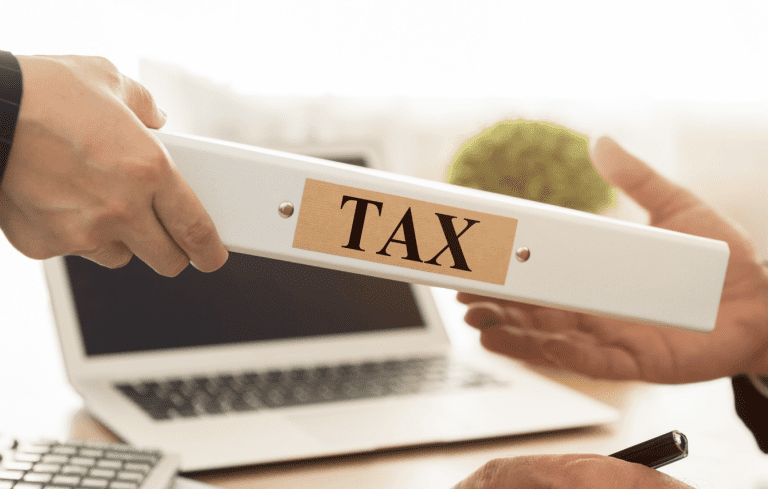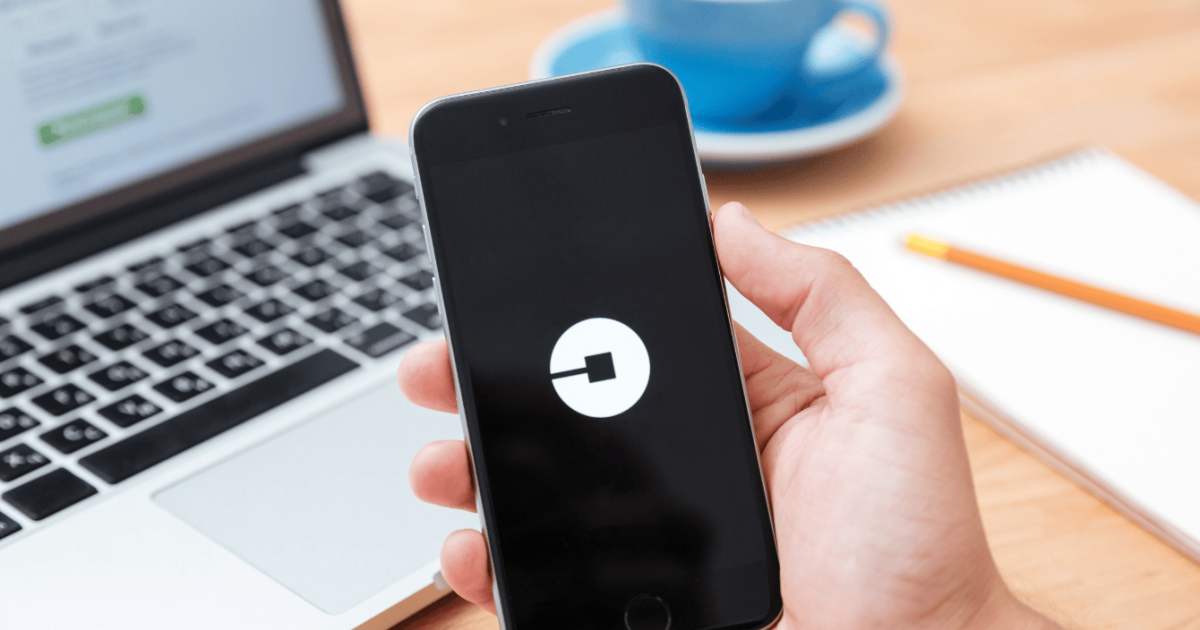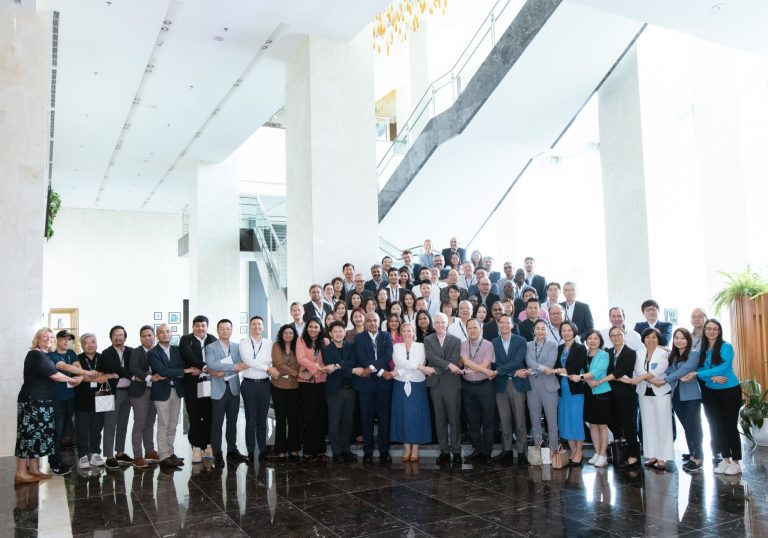You may have read in the recent press the recent decision in Supreme Court between Uber Australia and the NSW Payroll Tax department. The decision, while it can be appealed by the payroll tax department, could lead to some major changes in the tax result for other industries as well.
Below we provide a synopsis of the case and what the court decided.
Uber’s Business Mode summary: Uber’s contracts with drivers whereby Uber provides lead generation services via its app, and drivers have a direct legal and business relationship with riders. Uber acts as a limited payment collection agent on behalf of the driver.
The Commissioner assessed Uber’s payments to drivers as taxable wages under the Payroll Tax Act 2007 (NSW) (PTA), claiming they were payments made in relation to the performance of work under a “relevant contract.” Six assessments totalling $81m for the 2015-2020 financial years were raised. Uber objected and argued in the Supreme Court that:
- Its contracts with drivers were not “relevant contracts” under section 32(1)(b) because drivers provided transportation services directly to riders, not to Uber.
- Uber’s arrangements with drivers and partners fell under several exclusions in section 32(2), including the exclusion for services provided for fewer than 90 days, and those ancillary to the use of goods (i.e., the vehicle).
- Section 35(1) did not apply because payments were not remuneration for work done for Uber, as drivers were paid directly by the rider for the driving services.
Court’s finding:
- Relevant Contracts: The court concluded that Uber’s contracts with drivers were “relevant contracts” under section 32(1)(b) because the services (driving, rating, and referring) were connected to the performance of work. The court rejected Uber’s argument that the driving services were provided only to riders, holding that they were provided under a contract with Uber.
- Exclusions: The court found that the exclusions in section 32(2) did not apply. Driving and referring were not considered ancillary to the use of the vehicle, and Uber had not provided sufficient evidence that some drivers worked fewer than 90 days or provided services to the public generally.
- Key point – Payment Relationship: The court determined that Uber was merely a payment collection agent, and the payments made to drivers were not in relation to work performed under a relevant contract. Instead, the payments made by Uber to drivers were a result of the rider’s payments to Uber, and not in relation to the actual driving services provided.
Court’s Conclusion: The court concluded that payments from Uber to drivers did not constitute wages under section 35(1) of the PTA and were not subject to payroll tax. The assessments issued by the Commissioner were revoked.
The decision of this case may impact business sectors such as medical practices, health centres, and mortgage brokers, regarding whether their service contracts fall under relevant contract provisions in the PTA. The case is likely to be appealed by the Commissioner. We will monitor this case’s development and update you further once we know more.
If your business relies on independent contractors or service agreements, it’s crucial to stay informed about how this ruling might apply to you. Contact your client manager at Kreston Stanley Williamson if you have any queries.
Author: Quang Tat
*Correct as of 26 September 2024
*Disclaimer – Kreston Stanley Williamson has produced this article to serve its clients and associates. The information contained in the article is of general comment only and is not intended to be advice on any particular matter. Before acting on any areas in this article, you must seek advice about your circumstances. Liability is limited by a scheme approved under professional standards legislation.














